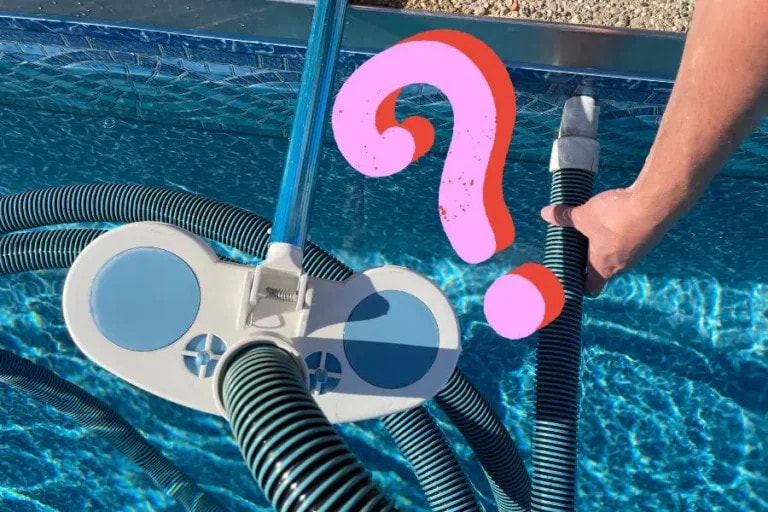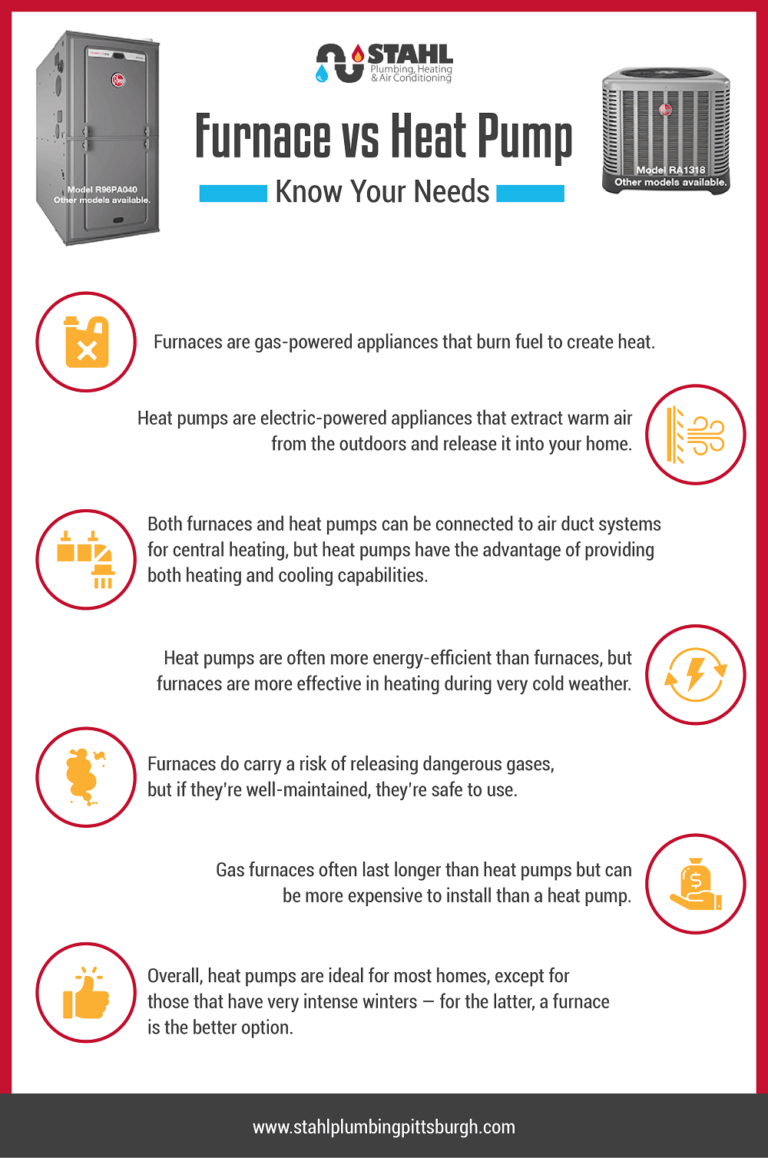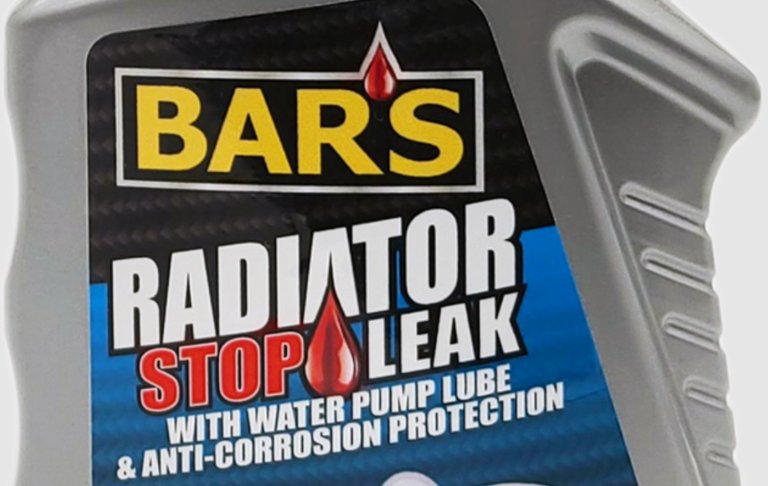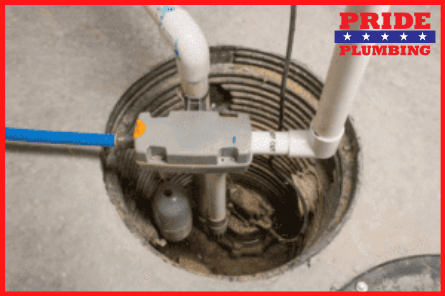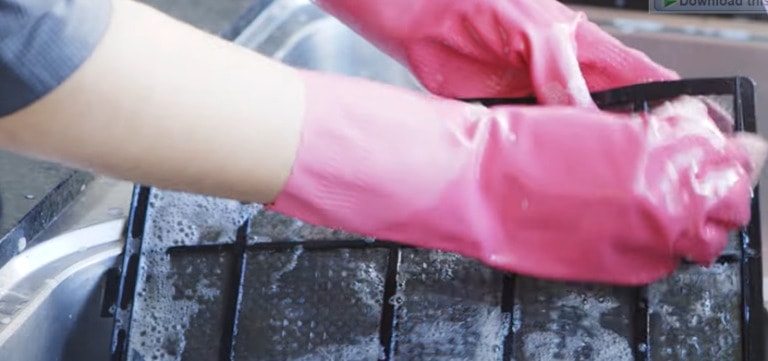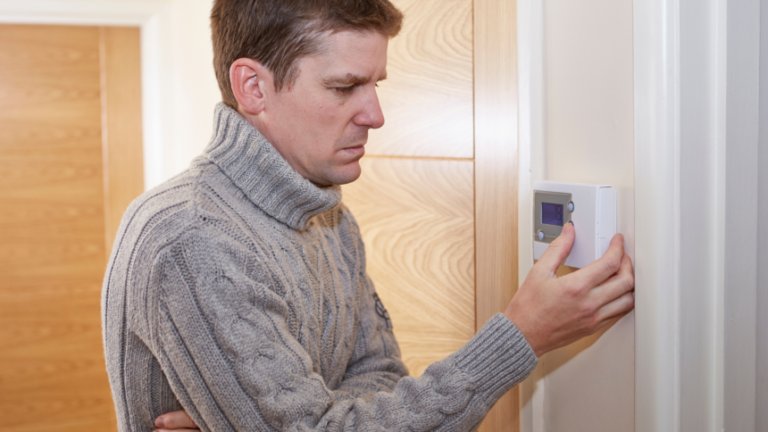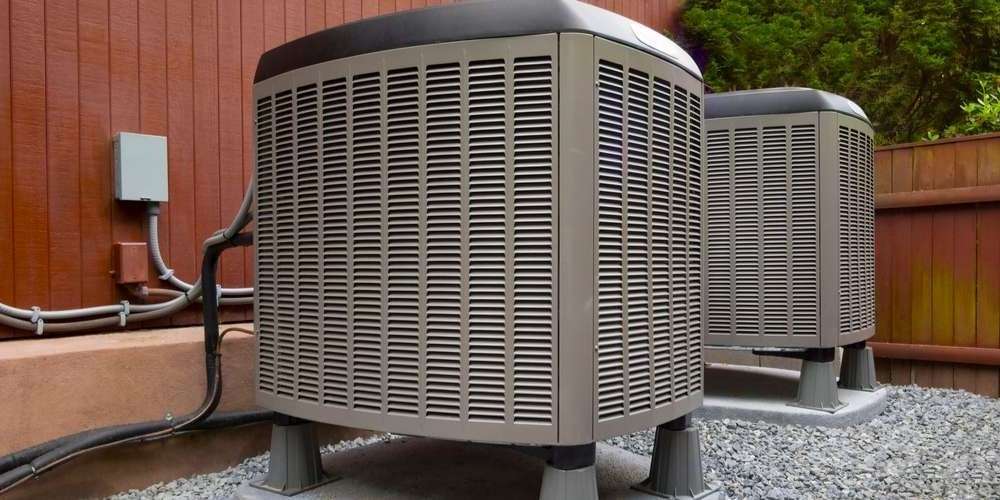
If you’re on the hunt for the best heat pump for your home, you’ve come to the right place! Finding the perfect heat pump can make all the difference in keeping your home cozy and comfortable, no matter the weather outside.
But with so many options out there, it can feel overwhelming. Don’t worry, though! We’re here to help you navigate through the sea of choices and find the heat pump that’s just right for you and your family.
When it comes to finding the best heat pump for your home, there are a few key factors you’ll want to consider.
From size and efficiency to features and cost, each aspect plays a role in determining the ideal heat pump for your specific needs.
And that’s where we come in. We’ll break down everything you need to know and help you make an informed decision that will keep you warm and happy for years to come.
So, get ready to embark on this heat pump quest with us. We’ll explore the different types of heat pumps, discuss their benefits, and provide you with valuable tips for finding the perfect fit. Let’s dive in and discover the best heat pump for your home together!
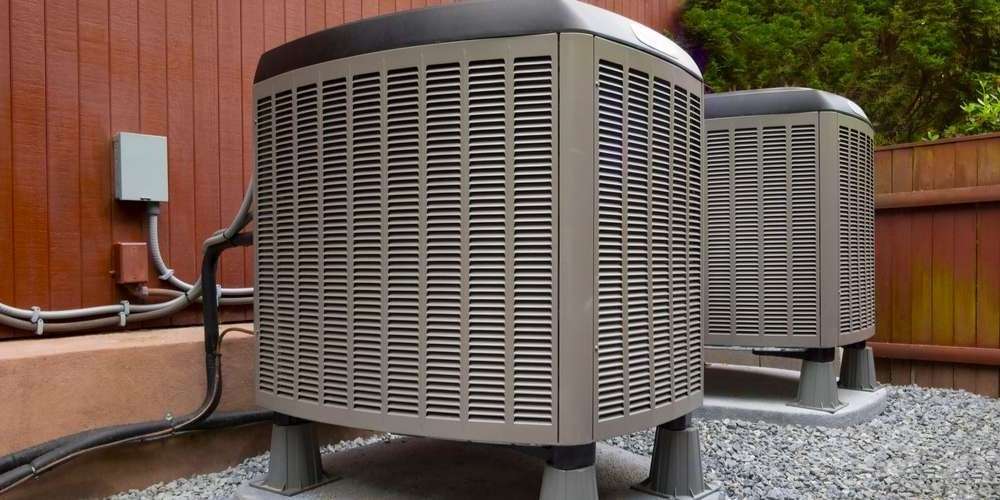
Finding the Best Heat Pump for Your Home
Looking for the perfect heat pump for your home? Consider these key features to make the best choice. First, check the energy efficiency rating to save on utility bills. Next, evaluate the heating and cooling capacity to ensure it matches your home’s needs. Don’t forget to look for noise levels and choose a pump that operates quietly. Additionally, consider the maintenance requirements and warranty coverage. By considering these features, you can find the ideal heat pump for your home.
What is Heat Pumps?
Before we delve into the nitty-gritty of finding the best heat pump for your home, it’s important to have a solid understanding of what heat pumps are and how they work.
Heat pumps are mechanical devices that transfer heat from one place to another, using a refrigeration cycle. They can be used for both heating and cooling purposes, making them versatile and efficient HVAC systems.
How Heat Pumps Work
A heat pump works by extracting heat from a heat source, such as the air or ground, and transferring it to another location, either inside or outside your home, depending on the season.
In the winter, the heat pump absorbs heat from the outside air or ground and releases it inside, heating your home. In the summer, the process is reversed, with the heat pump absorbing heat from inside your home and releasing it outside, cooling your living spaces.
This transfer of heat is made possible by the refrigeration cycle, which involves the use of a refrigerant—a substance that can change from a gas to a liquid and back again at low temperatures.
As the refrigerant flows through the system, it undergoes changes in pressure and temperature, allowing it to absorb and release heat. The heat pump uses compressors, condensers, and evaporators to facilitate this heat transfer process.
Factors to Consider
When it comes to finding the best heat pump for your home, there are several key factors to consider. By taking into account these factors, you can ensure that you select a heat pump that meets your specific needs and provides maximum efficiency and comfort.
1. Size and Capacity
The size and capacity of the heat pump are crucial considerations. A heat pump that is too small for your home will struggle to provide adequate heating or cooling, leading to discomfort and inefficiency.
On the other hand, a heat pump that is too large will cycle on and off frequently, resulting in energy wastage and increased wear and tear on the system.
To determine the appropriate size and capacity for your heat pump, it’s important to consider factors such as the square footage of your home, insulation levels, and the local climate.
Consulting with a reputable HVAC professional can help you accurately assess your heating and cooling needs and choose the right size heat pump for your home.
Additionally, it’s worth noting that heat pump capacity is expressed in British Thermal Units (BTUs) or tons. A BTU is the amount of heat required to raise the temperature of one pound of water by one degree Fahrenheit. The larger the space you need to heat or cool, the higher the BTU or tonnage rating you will require.
Benefits:
- Optimal comfort and efficiency
- Avoidance of energy wastage
- Extended lifespan of the heat pump
Tips:
- Consult with an HVAC professional to determine the appropriate size and capacity for your home
- Consider factors such as square footage, insulation, and local climate
- Avoid oversized or undersized heat pumps
2. Energy Efficiency
Energy efficiency is a crucial factor to consider when choosing a heat pump. An energy-efficient heat pump can help you save on your utility bills and reduce your carbon footprint.
Look for a heat pump with a high Seasonal Energy Efficiency Ratio (SEER) and Heating Seasonal Performance Factor (HSPF) rating. The SEER measures the cooling efficiency, while the HSPF measures the heating efficiency of the system.
In addition to the SEER and HSPF ratings, you may also want to consider heat pumps that are ENERGY STAR® certified. ENERGY STAR® certified heat pumps meet strict energy efficiency guidelines set by the U.S. Environmental Protection Agency (EPA) and offer significant energy savings compared to standard models.
Benefits:
- Lower utility bills
- Reduced environmental impact
- Potential eligibility for rebates and incentives
Tips:
- Look for heat pumps with high SEER and HSPF ratings
- Consider ENERGY STAR® certified models
- Explore available rebates and incentives for energy-efficient appliances
3. Features and Technology
When choosing a heat pump, it’s important to consider the features and technology available. Advances in HVAC technology have led to the development of heat pumps with a range of innovative features that can enhance comfort and convenience.
Some popular features to look out for include variable-speed compressors, which allow the heat pump to adjust its output to meet the heating or cooling demands more accurately. This can result in improved energy efficiency, quieter operation, and better temperature control. Other features to consider include programmable thermostats, Wi-Fi connectivity, and advanced filtration systems.
Additionally, it’s worth considering heat pumps that offer dual fuel capabilities. Dual fuel systems combine a heat pump with a secondary heat source, usually a gas furnace, for more efficient heating in extreme cold temperatures.
The system automatically switches between the heat pump and the secondary heat source based on the outdoor temperature.
Benefits:
- Enhanced comfort and convenience
- Improved energy efficiency
- Greater temperature control
Tips:
- Research the latest features and technology in heat pumps
- Consider your specific needs and preferences
- Compare different models and brands to find the right features for you
Installation and Maintenance
Once you have selected the best heat pump for your home, it’s important to ensure proper installation and ongoing maintenance.
Professional installation by a qualified HVAC technician is essential to ensure optimal performance and efficiency. Attempting to install the heat pump yourself or hiring an inexperienced technician can result in costly mistakes and inefficient operation.
Regular maintenance is also key to keeping your heat pump in top condition. This includes tasks such as cleaning or replacing air filters, checking the refrigerant levels, and inspecting the system for any signs of wear and tear.
Scheduling annual maintenance appointments with a reputable HVAC company can help identify potential issues early on and keep your heat pump running smoothly for years to come.
Finding the best heat pump for your home requires careful consideration of factors such as size, energy efficiency, and features.
By taking the time to research and compare different options, consulting with HVAC professionals, and understanding the unique needs of your home, you can make an informed decision that will provide comfort and cost savings for years to come.
Remember to prioritize proper installation and ongoing maintenance to maximize the performance and lifespan of your heat pump. Stay cozy!
Frequently Asked Questions
When it comes to finding the best heat pump for your home, it’s important to have all the necessary information. Here are some commonly asked questions to help you in your search.
1. What factors should I consider when choosing a heat pump for my home?
Several factors should be considered when choosing a heat pump for your home. Firstly, you need to determine the size and heating or cooling capacity required for your space. It’s crucial to have the right-sized heat pump to ensure optimal efficiency and comfort.
Additionally, consider the energy efficiency rating (SEER and HSPF ratings) to understand the unit’s performance and potential savings on your energy bills. Other factors to consider include noise levels, warranty coverage, and the reputation of the manufacturer or brand.
Moreover, it’s important to consider your climate. If you live in an area with harsh winters, you may want to choose a heat pump with a higher heating capacity. On the other hand, if you primarily need cooling, focus on a model with a higher cooling capacity. Taking all of these factors into account will help you find the best heat pump for your home.
2. Are there different types of heat pumps available?
Yes, there are different types of heat pumps available. The most common types are air-source heat pumps and ground-source (geothermal) heat pumps.
Air-source heat pumps extract heat from the outdoor air and transfer it into your home, while ground-source heat pumps use the stable temperature of the ground for heating and cooling.
There are also ducted and ductless options. Ducted heat pumps use a system of ducts to distribute air throughout your home, while ductless heat pumps deliver heated or cooled air directly into individual rooms. Each type has its advantages, so it’s essential to consider factors such as installation requirements, cost, and the layout of your home before making a decision.
3. Can I install a heat pump in an older home?
Yes, you can install a heat pump in an older home. However, there are a few factors to consider. Older homes may have outdated electrical systems or insulation that may need to be upgraded to accommodate a heat pump. It’s important to have a professional HVAC technician assess your home’s electrical capacity and insulation to ensure it can handle the heat pump’s requirements.
If necessary, upgrades can be made to the electrical system and insulation to make your home suitable for a heat pump installation. Consulting with an HVAC professional will help you determine the feasibility of installing a heat pump in your older home.
4. How long do heat pumps typically last?
The lifespan of a heat pump can vary depending on several factors, including the quality of the unit, regular maintenance, and usage. On average, a well-maintained heat pump can last between 12 and 15 years. However, with proper care and maintenance, some heat pumps can even last up to 20 years.
To maximize the lifespan of your heat pump, it’s important to schedule regular maintenance and address any issues promptly. Routine filter changes, cleaning coils, and checking refrigerant levels are essential for keeping your heat pump running efficiently and extending its lifespan.
5. Should I hire a professional for heat pump installation?
Yes, it’s strongly recommended to hire a professional for heat pump installation. Installing a heat pump involves complex electrical and refrigerant connections, as well as proper sizing and placement to ensure optimal performance.
A professional HVAC technician has the knowledge and expertise to correctly install the heat pump, ensuring it operates efficiently and safely. They can also assist in determining the appropriate size and type of heat pump for your specific needs. Attempting to install a heat pump without the necessary skills and knowledge can lead to improper installation, decreased efficiency, and potential safety hazards.
When choosing a heat pump for your home, there are important factors to consider. First, know your climate and choose a pump with the right efficiency.
Second, determine the correct size for your home’s heating and cooling needs. Lastly, compare prices and seek professional advice to make the best choice.
Heat pumps can save money and provide both heating and cooling for your home. Make sure to do your research and choose wisely!

